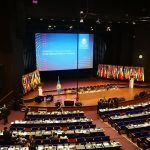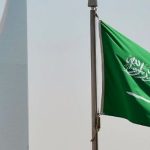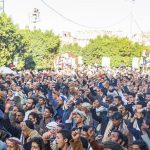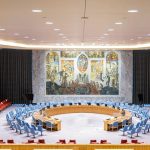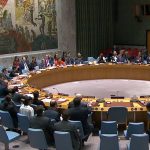Yemen: The Coalition is pounding Houthi militia sites
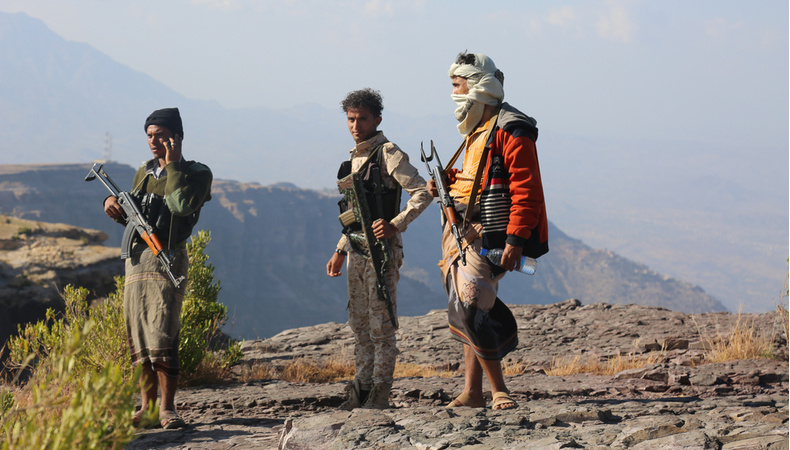

On Monday morning, the coalition increased air assaults on Houthi targets in Hajjah, striking military vehicles, missile and mortar launchers, personnel, and other targets in Haradh, with the goal of deterring Houthi attacks on government forces and allowing loyalists to advance on the ground.
At the same time, government forces fought the Houthis in Haradh and Abes, as the militia stepped up its attacks after receiving reinforcements from adjacent provinces under their control. Fighting in Haradh has raged since last month, when government soldiers launched an operation to regain control of the vital city, which houses the country’s largest border crossing with Saudi Arabia, with the help of coalition air support and military logistics. The coalition started a military attack on Sanaa early Monday, hitting Houthi sites around the capital, including missile and ammunition stockpiles, assembly workshops, and booby-trapped drones. Large explosions rattled areas of the city, according to residents.
Related Posts
According to local media and authorities, heavy combat broke out in the central province of Marib during the previous 24 hours as the Houthis launched new attacks on government soldiers in Juba area. After government soldiers, supported by coalition airplanes, thwarted the Houthis’ attacks, they were unable to gain any ground. Since early 2021, when the militia started an attack to capture control of energy-rich Marib, the government’s final bastion in the northern part of the nation, tens of thousands of Houthis and government forces have been slain.
The fighting in Hajjah and Marib is taking place as the UN’s Yemen envoy, Hans Grundberg, announced on Monday that he will hold a series of intensive talks with over 100 Yemeni figures, including political leaders, economists, businessmen, and civil society leaders, in order to help find a peaceful solution to the conflict. “Yemen is in a bad place right now,” Grundberg remarked. “The conflict, now in its ninth year, is exacerbating human misery, jeopardizing regional security, and undermining the prospects for a peaceful resolution.” “An inclusive political process that reverses this damaging track and gives chances and space for discourse at different levels is urgently needed.”



